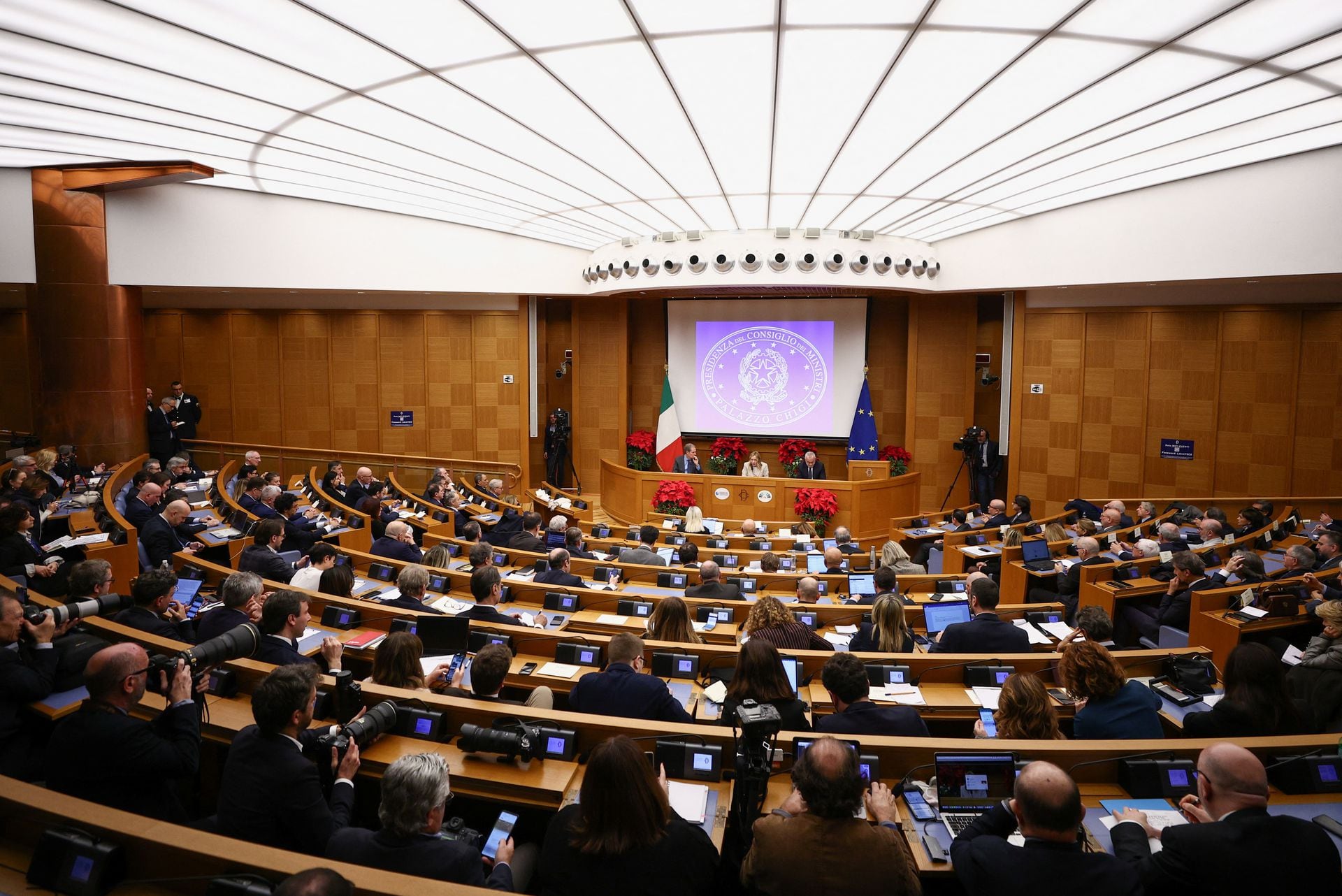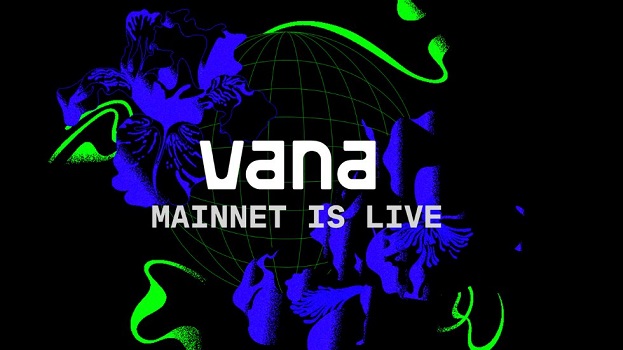Italy, the current holder of the rotating presidency of the Group of Seven (G7), has outlined its key priorities for the year ahead. Prime Minister Giorgia Meloni emphasized the importance of supporting African development and addressing the challenges posed by artificial intelligence (AI). Additionally, Italy expressed its commitment to ongoing support for Ukraine and concerns over escalating conflicts in the Middle East.
One of Italy’s central themes during its G7 presidency is the impact of artificial intelligence on the labor market. Prime Minister Meloni expressed significant concerns about the potential consequences of AI advancement. She underscored the importance of understanding and managing these implications, particularly the threat to human intellect posed by AI technology. Italy aims to delve into this complex issue with a special session before the leaders’ summit in June.
Italy’s unwavering support for Ukraine in its ongoing conflict with Russia remains a cornerstone of its foreign policy. Prime Minister Meloni emphasized the need to maintain a balance of forces on the ground to reach a diplomatic solution. Italy’s stance reflects a commitment to stability and peaceful resolution in the region.
Addressing the volatile situation in the Middle East, Prime Minister Meloni called for caution and highlighted the potential “unimaginable consequences” of further escalations. Italy urged Israel to minimize civilian casualties in the Gaza conflict and emphasized the need for a structural solution to the Palestinian issue. Meloni also stressed the importance of the European Union involvement in diplomatic initiatives to achieve lasting peace.
African development is a vital priority
Italy’s G7 presidency places a strong emphasis on supporting African development. Prime Minister Meloni articulated the importance of cooperation and strategic relationships that treat African nations as equals rather than predators. Italy’s approach centers on investments and strategies to improve local economies and living standards. The overarching goal is to dissuade potential migrants from seeking refuge in Europe through holistic development efforts.
Italy assumed the G7 presidency, comprising the United States, Canada, Japan, Germany, France, Britain, and Italy, at the beginning of January. Throughout the year, Italy will host various ministerial meetings and a leaders’ summit in June. Notably, Italy’s desire to hold a dedicated session on AI before the June summit underscores the significance placed on addressing AI-related challenges.
A call for diplomatic solutions in Ukraine
Prime Minister Meloni, Italy’s first woman prime minister in October 2022, stressed the importance of maintaining the balance of forces in Ukraine. She underlined that supplying arms and material support to Kyiv is essential for achieving a diplomatic solution and negotiations. Italy’s stance reflects its commitment to a peaceful resolution of the conflict in Ukraine.
Italy’s approach to the Middle East conflict is characterized by a call for restraint and a focus on achieving lasting peace. The prime minister advocated for a structural solution to the Palestinian issue, urging against a “destroy first, talk later” approach. She emphasized the European Union’s role in taking a more prominent position in diplomatic initiatives in the region.
Italy’s G7 presidency prioritizes global challenges
As the current G7 president, Italy has outlined its key priorities for the year ahead. With a focus on addressing the impact of artificial intelligence, supporting African development, and maintaining its commitment to Ukraine, Italy seeks to play a pivotal role in addressing pressing global challenges. Its emphasis on cooperation, diplomacy, and strategic relationships underscores its commitment to fostering stability and progress on the international stage.





